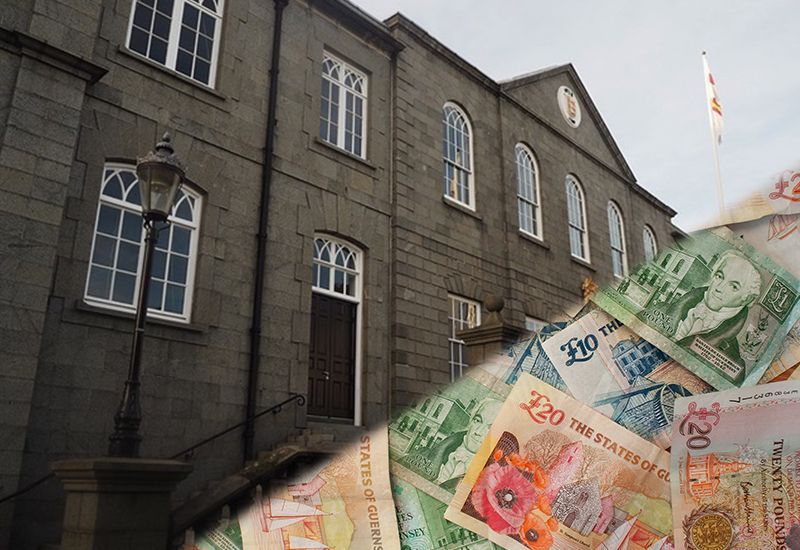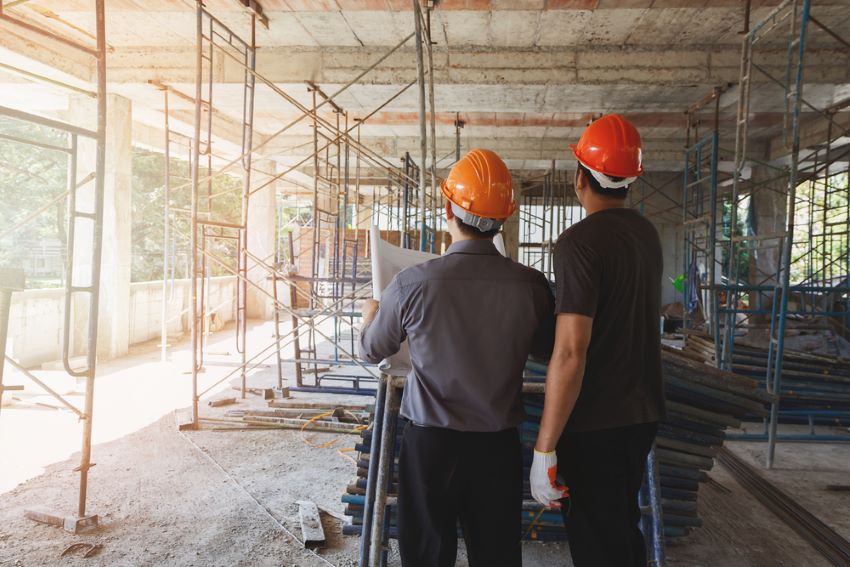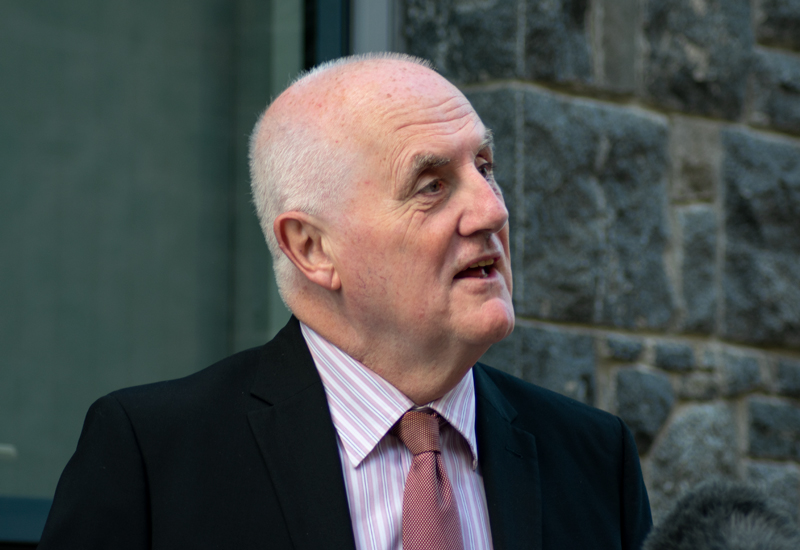


Guernsey's government's financial position at the end of 2021 was tens of millions of pounds better than they originally forecast.
A deficit of £33m was predicted last year, but a provisional assessment of the financial year released last week showed a £46m improvement - turning the forecast deficit into a surplus of £13m.
Contributing factors included States committees spending £11m less than budgeted, income tax receipts being £28m above budget and document duty receipts being £12m above budget.
But the Policy & Resources Committee's Treasury Lead, Deputy Mark Helyar, who has been leading the Committee's public campaign to win support for a proposed goods and services tax, warned the island "not be lulled into a false sense of security" as a result of the improved financial results in 2021.
"In terms of the Bailiwick’s continued response to covid-19 and what that’s meant for our economic performance, for jobs and businesses and for public finances, 2021 has been much better than expected and that’s a credit to this community," said Deputy Helyar, pictured top.
"But we should not expect this very exceptional time to continue and become the norm. It’s really positive to have had this good performance, and it puts us in a good position for moving forward, but overall, when you include the Bailiwick’s capital spending needs, we remain in a deficit."

Pictured: Deputy Mark Helyar, the Policy & Resources Committee's Treasury Lead, said that the States would still have been in deficit in 2021 if spending on capital projects had been in line with agreed policies.
States' income in 2021 was also boosted by investment returns which were well ahead of budget.
Expenditure was lower than budgeted on staff pay rises and new service developments, partly as a result of constraints caused by the pandemic.
The virus was also blamed for "delays in the delivery of transformation initiatives", which resulted in savings of around £1m against a target of £7m.
Deputy Peter Ferbrache, the island's Chief Minister and President of the Policy and Resources Committee, said that the Bailiwick's "problems do not suddenly go away" as a result of the improved financial position in 2021.
"The changes in our population which present such significant problems for us when it comes to securing essential services long term are exactly the same today as they were yesterday," said Deputy Ferbrache.

Pictured: Deputy Peter Ferbrache, President of the Policy & Resources Committee, said that the States' improved financial position in 2021 did not alter longer term challenges which make it necessary to raise more tax revenue.
"Financially, we have recovered from the impacts of the pandemic much faster than expected, but we cannot realistically expect that rapid pace to continue indefinitely.
"That said, further growth in our economy long term is absolutely something we need to see and we’re relying on it to avoid our annual shortfall being even worse than the £85m currently forecast.
"So, yes, we’ve seen a good financial performance, but no, our problems do not suddenly go away. We must not lose sight of that longer term challenge and the need to find sustainable solutions for the sake of future generations of islanders."
The Policy & Resources Committee is projecting that in a few years’ time there will be a shortfall in States’ finances of up to £85m a year. It says GST is a better way of dealing with the shortfall than raising income tax and social security contributions.
In 2021, the States’ senior committee asked deputies to back GST in principle but withdrew the proposal when it became clear during debate that it would be heavily defeated if pushed to a vote.
Instead, the States approved an alternative proposal from the Committee to investigate other options, consult more and return to the States for another debate in the summer of this year.
Comments
Comments on this story express the views of the commentator only, not Bailiwick Publishing. We are unable to guarantee the accuracy of any of those comments.